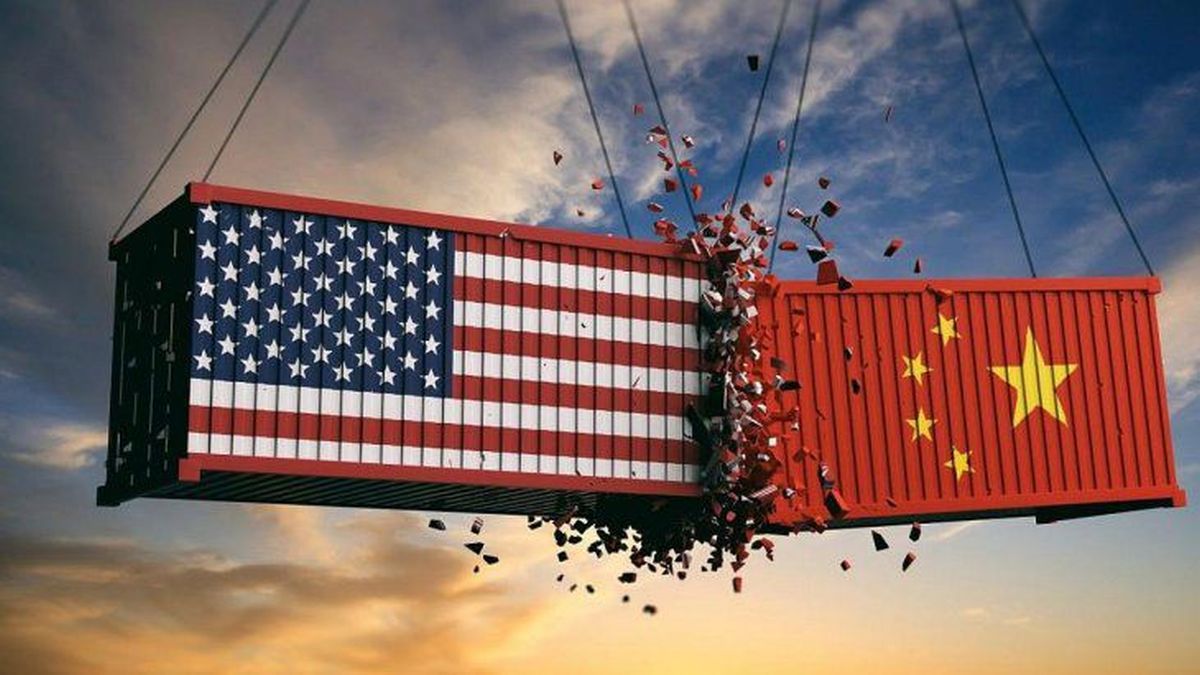The tariff policy announced by the US president, Donald Trump It will bring different reactions worldwide. The measure will apply to all countries in the world that sell their products to the United States and, according to specialists, a priori, It will have negative consequences to the world economy.
In particular, worries what China’s reaction can be That, it seems to be, one of the main recipients of the measure.
It should be noted that China will pay a 34% tariff and 25% cars. The American president also referred to Taiwan when he pointed out that “Before we had 100% of the chips market; now it is from Taiwan; we have lost it.” The tariff for the products of this country will become 32%.
Miguel Velloso, Lawyer and career diplomat, among his various positions he served during the 2000 and 2008 as a general consul and director of the Commercial Promotion Center of our country in Shanghai, China and subsequently fulfilled functions in Taiwan, consulted by the scope, said that, “This measure that the American government has just taken will have a surely substantial impact on all international trade, especially with the case of China.”
The diplomat explains that China “It has a situation of permanent conflict, not only for the commercial sector, but in the technological field because it involves strategic issues. ”
The increase in tariffs of Chinese products “can intensify commercial tensions, affecting supply chains, without any doubt, and cooperation in areas such as technology and environment,” adds hairy. In addition, from companies that depend on trade between the two countries “They could face greater costs and delays, which will lead to a reorientation of supply chains, and surely some countries and others seriously affected will benefit. ”
Miguel Velloso.jpg
Miguel Velloso says that the tension between the US and China will grow. It also evaluated how to affect the measures to Argentina.
Journalist: How do you evaluate the United States situation with Taiwan?
Miguel Velloso: The greatest tensions between China and the United States can also generate an opportunity for China to see a possibility of resuming control over the island, a policy that has been oriented in that regard in recent times. Situation that can lead to very important regional conflicts. Although Taiwan, preventively, was already locating his semiconductor companies in the United States, Japan and Germany.
Q.: How do you estimate that this tariff policy will affect the world economy?
MV: They will undoubtedly have an effect on the global economy, because they will increase the cost of imported goods and will generate an increase in consumer prices, and with it great inflation. If companies transfer those additional costs to the final prices will contribute to inflation in the United States and other countries that depend on imports from China and Taiwan, which is much of world trade. And yes, if tariffs are with a decrease in trade, the clear consequence will be negatively affecting global trade, and can lead to greater uncertainties in financial markets. In short, it can increase inflation and potentially contribute to a recession.
Q.: How will Argentina affect?
MV: In principle, Argentina is affected only with 10%. But this decision of the United States will generate economic uncertainty and instability that will affect us. In short, it can have mixed results, opportunities, of course, like every great crisis, as the Chinese say, and at the same time generate economic challenges and affect the stability in the short term. I think this is going to be the first impact of these measures a bit.
Source: Ambito




